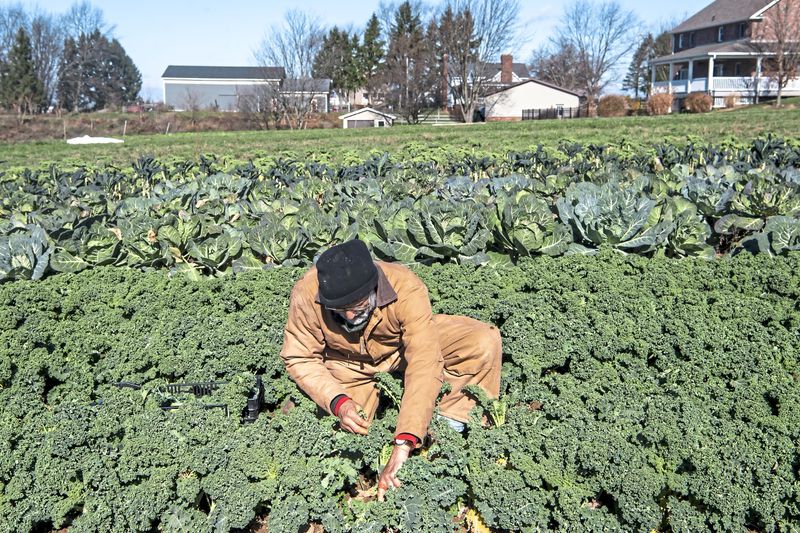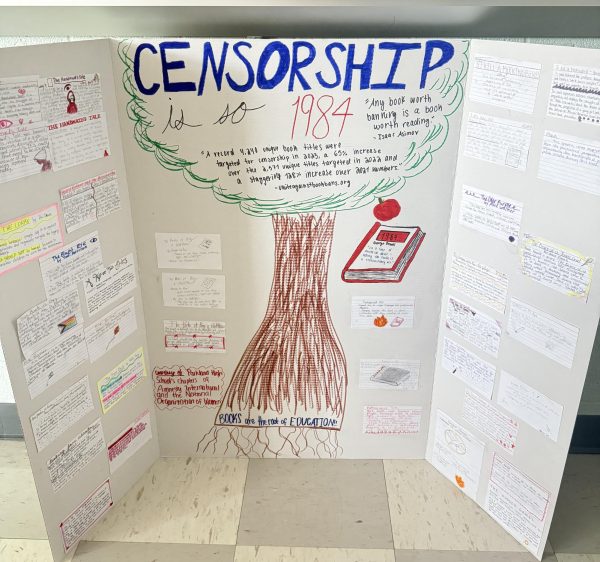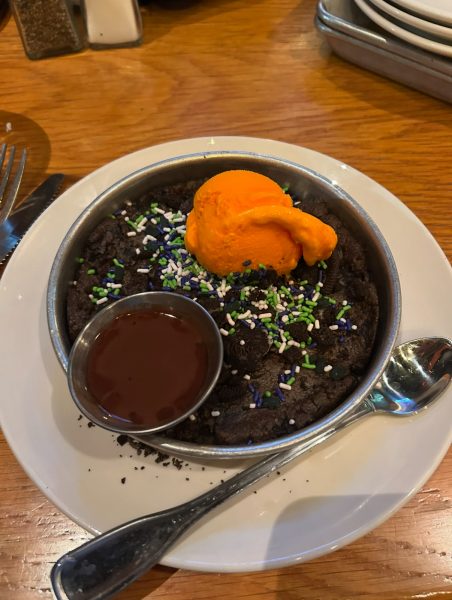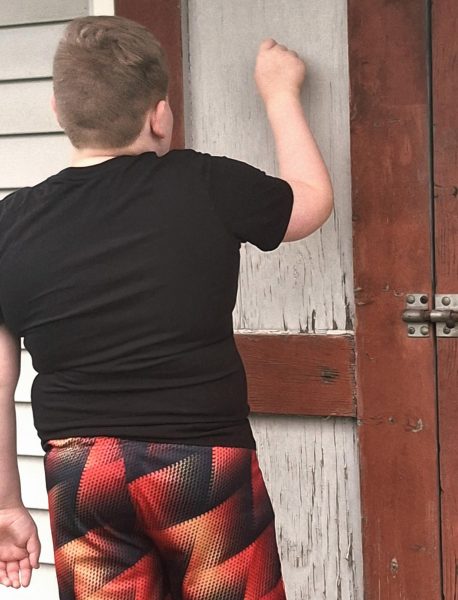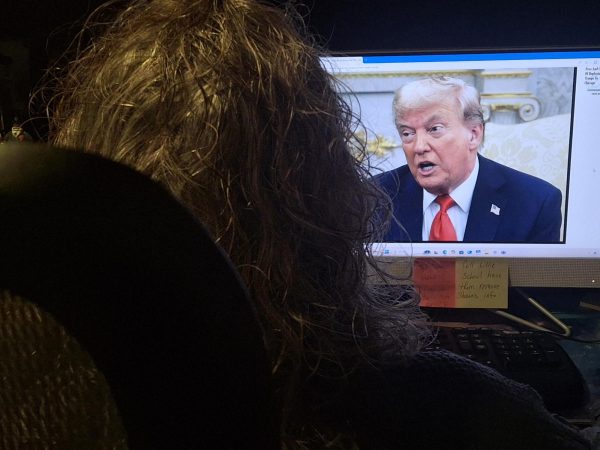We Must Change the Way We Farm
Photo from mcall.com, a farmer is tending to his crops
Where does your food come from? Chances are, you probably don’t know. To be honest, I don’t know where my food comes from either, and that scares me quite a bit. I have no idea where or how it’s grown, how it’s processed, or where it has to ship from to get from the grocery store into my mom’s cart. I don’t know what pesticides are used on our food, or what their long term effects are on humans.
Now, what if I told you there’s something we could do to change this?
Changing the way we farm is a great first step.
Right now in the United States, 4% of farms produce 66% of all food sales. These 4% of farms all get over $1 million in sales yearly, whereas three quarters of all US farms make only about $50,000 a year and produce 4% of product sales (1). The way these bigger farms are able to get so much output is due to commonplace commercial farming practices like monocropping, where only one crop is planted on a field. Monocropping results in disease spread, which then results in a need for pesticides to keep crops alive (2). It also destroys soil, as certain nutrients are sucked out of the ground with no way for them to be replaced. Drier, dead soil leads to even more environmental problems, the biggest issue being erosion.
Animal farming is not much better, with chickens on Perdue farms crowded together in huge indoor holding pens, barely seeing the light of day. Farmers themselves also feel the effects of this type of farming, with poultry and beef farmers being at the whim of their bosses. Their company controls the amount of feed, support, and new animals a farmer will receive, as well as how much money they make (3). Not only do these types of farms hurt animals, but they also drive farmers into never-ending debt.
There is a different way. Moving towards sustainable farming is the future, and it has incredible benefits for all parties involved. AP Environmental Science teacher Mrs. Yenser offered her overview of the situation, stating “As the big treehugger that I am, how could I not promote sustainable farming? Sustainable farming is farming for a better tomorrow.” Sustainable farming involves planting many types of species on one farm and letting the animals roam free on this land to fertilize the crops. Not only does it keep the soil incredibly healthy, but it also prevents disease from spreading to the crops and eliminates the need for pesticides, thus improving the health of the surrounding ecosystem. It is also beneficial for the animals since they are able to move around outdoors, leading healthier and more active lives.
This shift to new farming techniques would also be helpful for farmers. Americans are now becoming more curious about where their food comes from, and it is paying off for smaller farmers. Sales of organically farmed food have grown 82% since 2007, growing to $3.1 billion in 2012, and it’s only going up from here (1).
This type of farming is also incredible for the environment. It helps create healthy, rich soil, which is good for not only plants, but also water purification. It helps preserve ecosystems, and employs many in developed and developing countries. Sustainable farming lowers pollution, conserves water, and its best benefit lies right in its name. It’s sustainable. We will be able to employ these farming tactics for as long as the earth inhabits humans, while commercial farming practices will destroy huge plots of land and harm surrounding ecosystems (4). Commercial farming may have high yields, but at the expense of everyone involved.
Temporary high yields are not worth the high price they come with. Sustainable farming leads to healthier animals, healthier crops, healthier ecosystems and a healthier earth. Want to switch how you get your meat and produce? Try shopping at our local Allentown Farmers Market, or purchase directly from organic farms like Willow Haven Farm located in New Tripoli, PA!
- https://www.cnbc.com/2014/05/06/state-of-american-farming-big-producers-dominate-food-production.html
- https://www.gardeningknowhow.com/plant-problems/environmental/monoculture-gardening.htm#:~:text=Monocropping%20also%20creates%20the%20spread,or%20become%20airborne%2C%20creating%20pollution.
- https://www.theguardian.com/environment/2020/mar/14/i-cant-get-above-water-how-americas-chicken-giant-perdue-controls-farmers
- https://www.worldwildlife.org/industries/sustainable-agriculture#:~:text=When%20agricultural%20operations%20are%20sustainably,resource%20management%20is%20increasingly%20urgent.
- https://willowhavenfarmpa.com/
Your donation will support the student journalists of Parkland High School. Your contribution will allow us to purchase equipment and cover our annual website hosting and printing costs.

Gabby is a senior, and this is her second year writing for the Parkland Trumpet. She enjoys writing about politics and current events. She is...



